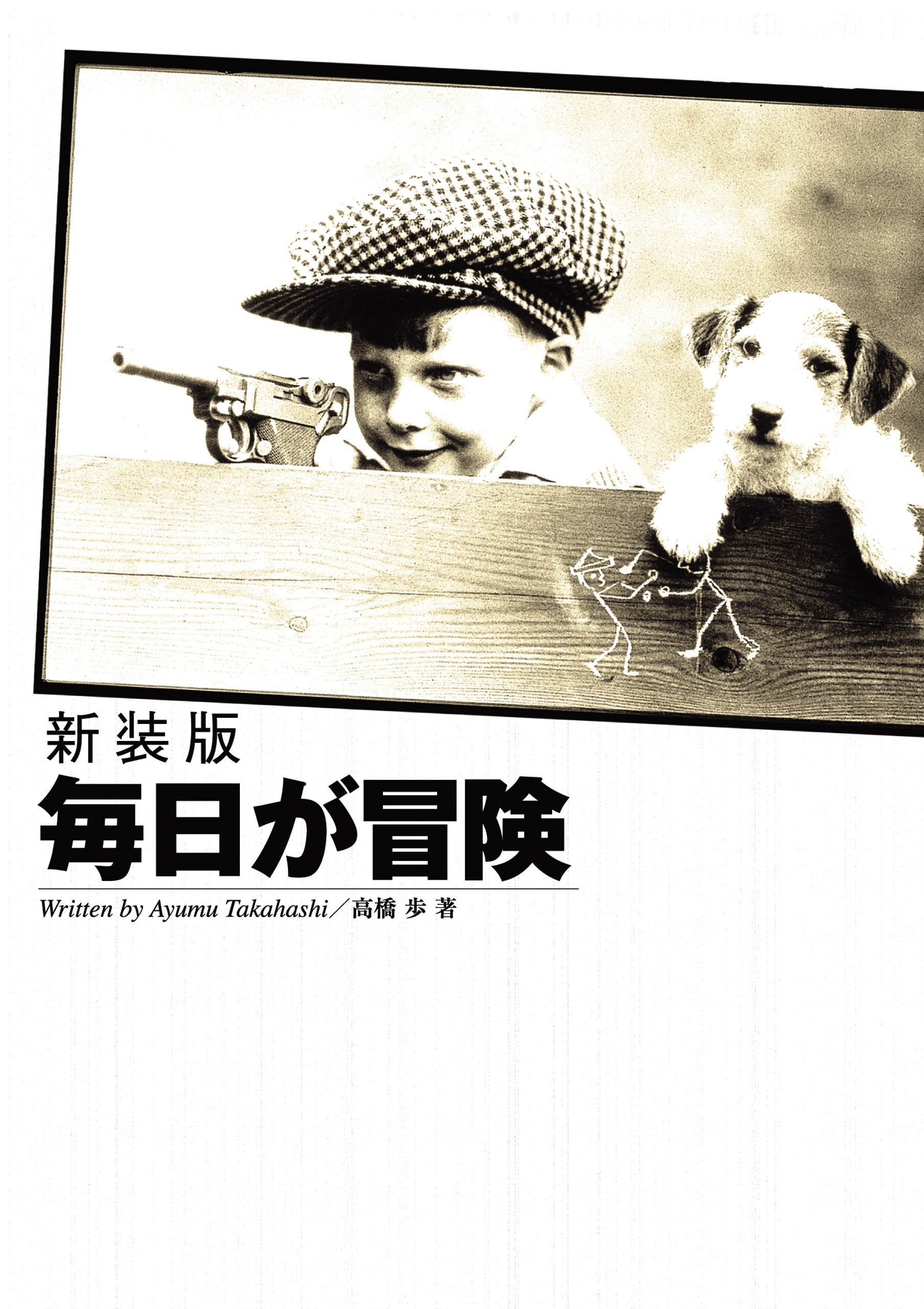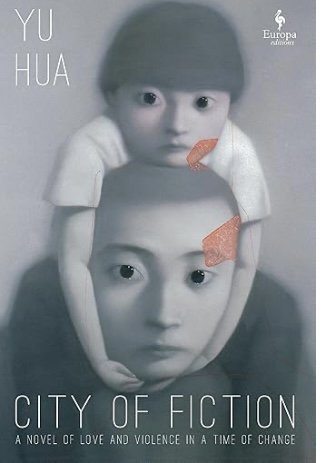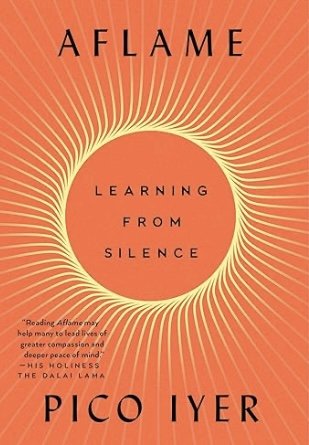Audition by Katie Kitamura (Riverhead Books, Penguin Random House)
When an actress in her mid-years is approached by a “presentable” young man who asks her to have coffee with him in a nearby cafe, she never expects he’s going to tell her that he believes she’s his birth mother. Although he bears a strong resemblance to her and is of the same racial background, she quickly tells him she has never had a successful pregnancy. That, she thinks, is the end of the matter but two weeks later the man asks her to have lunch with him because he has something to tell her. Perhaps since he is “handsome, perhaps even excessively so,” on a whim the actress says yes.
She is forty-nine. Xavier is twenty-five. Because she is still attractive, the actress is convinced that everyone who sees the two of them together assumes they are having an affair. This feeling makes her end the lunch abruptly when she sees her husband enter the restaurant, stand still for a moment or two, and then walk out
But Xavier remains in her life. He’s taken a job as assistant to Anne, the director of the play the actress is rehearsing. Slowly she and this stranger achieve an eerie closeness that the actress keeps to herself. Xavier is a diversion that her carefully ordered life has needed, her placid existence in a Manhattan apartment with Tomas, her handsome and devoted husband to whom she had been unfaithful in the past. Now they have a peaceful ritualistic marriage that Xavier, she decides, will never threaten.
Then “an impossible inversion” takes place. In the second part of Audition, the actress and Tomas sit in the same restaurant that appeared in the novel’s beginning. Now, however, they’re having dinner with their son, Xavier, who has taken a break from getting his master’s degree to work as Anne’s assistant. The position has been extended to include a film that will be shot in the spring and Xavier asks to move in with his parents for a month or two to stay in his childhood bedroom.
At this point, everything in the narrative changes. The sentences, which are all delivered in the first person by the actress, are now without the cold precision that she gave them in the opening section. Tomas loses his elegant allure and begins to slump into the figure of an old man. The comfortable rituals of the marriage become a way that makes “ people grow old without noticing.”
Much of what the actress disclosed in the first part of this novel is reversed to the point that her entire story now becomes a lie. Not only has the structure of their marriage been shared with a child, it’s Tomas, not the actress, who has been unfaithful. A scarf that was mentioned often when the actress wore it to lunch in the opening scene is now turned into one that was worn by Xavier. When Xavier brings “a friend” to stay with him in his room, this new house guest is a woman so young that “everything about her was perfect.” Confronted with this youthful perfection, the actress’s life begins to unravel into horror.
Katie Kitamura has created a puzzle, a mystery in which every word is important. The two halves of Audition seem to contradict each other but the clues exist in asides, hidden underneath brilliant clarity. Not only does the book need to be read at least twice, every comma calls for the consideration that’s given to a legal document, and every sentence demands more than a quick glance. Each one of them cuts like a diamond whose glitter conceals the truth of the novel, that is if its truth actually exists at all. What is positively certain is that, while there may only be a limited number of plots in fiction, this plot has been turned and twisted into something that’s quite possibly never been written before.
Which section of this book holds the audition? Read it and argue.~Janet Brown



















